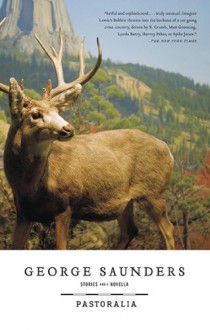
My edition of this book (which has the same ISBN as the edition I chose, but looks different and comes in at just under 250 pages) took me over 2 weeks to read. Over 2 weeks for fewer than 250 pages. Clearly, I did not love it. This book bogged down my reading, big time, and I have a huge stack of library books I might not get to because of it. Ah well, I can always request them again.
——————
From everything I have read (the intro, the afterword by Llosa, and the goodreads description), this novel is a semi-autobiographical account of Arguedas' childhood. Brought up by Indians, when he re-entered Latino society, he found he did not fit in. But he didn't fit into Indian culture either, being Latino and not native.
I know I have to be missing some (read: many, or maybe all?) cultural clues in this book. I struggled to know who was Indian and who was not—at the seminary school, the boys have a huge hierarchy (very Lord of the Flies-esque, another book I did not love). I could not understand how this hierarchy was determined. Wealth? Looks? Smarts? Plain old popularity? To me, this book was about a boy who had been brought up on the road, traveling with his father from town to town and not getting to stay anywhere for as long as he would like. And his father then leaves him at this seminary. And yes, he does not fit in, but that is because he has never needed to or had the opportunity to live amongst the same people for long, and his father does not visit nor write. He is all alone, trying to make friends (and he does, though it is hard and he is an outcast). He simple does not know how to function in a stable society.
The descriptions of the natural world--birds, bugs, landscape--were my favorite parts. I googled many of the trees and birds to see what they really look like. It made me laugh when one of the birds turned out to be a South American mockingbird. And yes, the description sounded like one!
Interestingly, the 1001 books summary sees this book more how I read it. The clueless non-Latin-American interpretation, perhaps.
Also, much of the language in this book reminded me of Calvino's Invisible Cities (which I did enjoy). I read both in translation, which strikes me as--odd. Something about the cadence of the writing.


 Log in with Facebook
Log in with Facebook 









